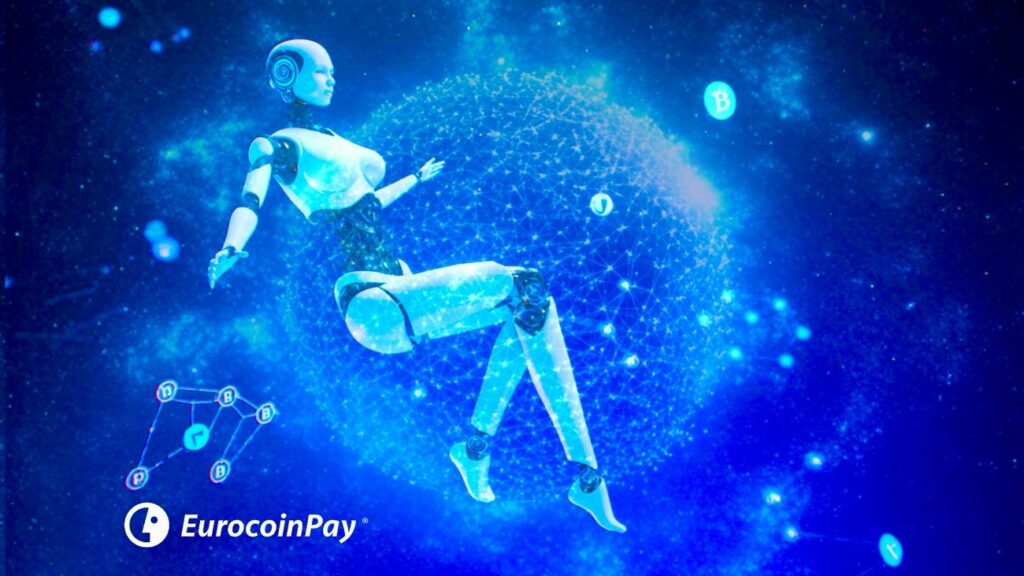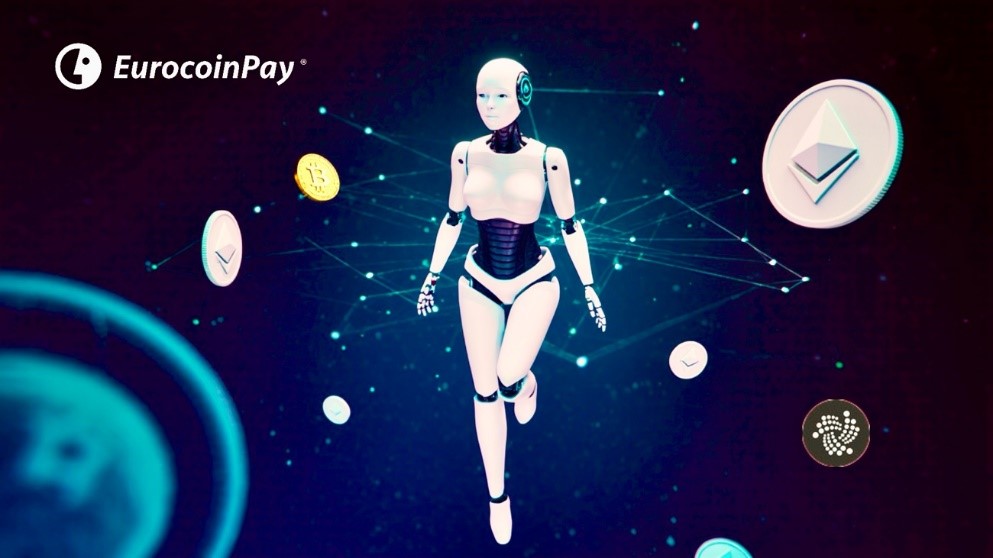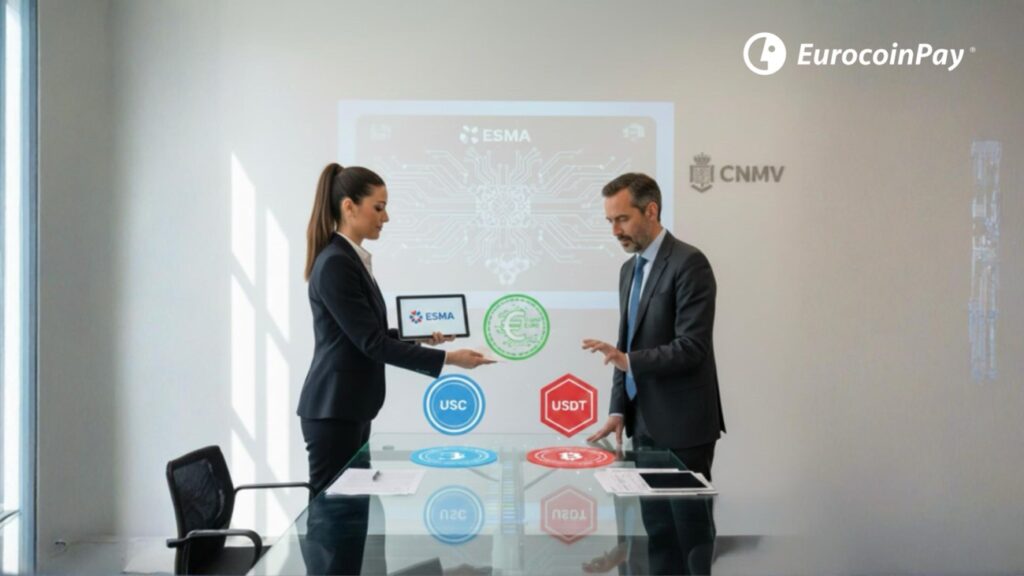How blockchain is revolutionising the business world
Blockchain technology, primarily associated with cryptocurrencies such as Bitcoin, is quietly transforming the way businesses operate. This innovative solution, based on a distributed and decentralised blockchain, offers an unprecedented level of security, transparency and efficiency in various sectors.
What is blockchain and how does it work?
In simple terms, blockchain is a digital ledger that records transactions securely and transparently. Each block contains a record of transactions and is linked to the previous block by a cryptographic code. This structure makes the chain virtually impossible to hack or alter.
Real-world use cases: IOTA, Ethereum and Bitcoin
• IOTA and the Internet of Things (IoT): IOTA, with its Tangle technology, offers a scalable and fee-free solution for the IoT. Imagine a network of interconnected devices that can perform micro-payment transactions securely and efficiently. This could revolutionise sectors such as logistics, energy and manufacturing.
One example of this is German brand Volkswagen, which has shown interest in IOTA for applications in electric mobility, such as electric vehicle charging and vehicle data management.
It should be noted that mass adoption of IOTA requires the collaboration of multiple actors, including businesses, governments and developers, as IOTA offers a promising vision for the future of distributed technologies.
However, it is critical to closely follow its development and evolution to assess its true impact in the real world.
• ETHEREUM and Decentralised Applications (dApps): Ethereum enables the creation of decentralised applications that can operate without the need for an intermediary. From smart contracts to automate legal processes to crowdfunding platforms, the possibilities are endless as one of the most popular and versatile blockchain platforms, it offers a wide range of use cases. Unlike IOTA, which focuses more on IoT and microtransactions, Ethereum stands out for its ability to run smart contracts and decentralised applications (dApps).
Use cases include decentralised finance (DeFi), non-fungible tokens (NFT), decentralised autonomous organisations (DAOs), etc….
• BITCOIN and Transaction Security: Beyond being a cryptocurrency, Bitcoin offers a highly secure network for financial transactions. Companies can take advantage of this technology to create more efficient and transparent payment systems, reducing the risk of fraud.
Use cases include: store of value, online payment methods, financial inclusion, etc.
Bitcoin is much more than just a cryptocurrency. Its decentralised and censorship-resistant design makes it a powerful tool for financial inclusion, privacy protection and portfolio diversification. However, it is important to understand the risks associated with Bitcoin before investing or using it as a means of payment.
Benefits for Businesses
- Increased security: Blockchain ensures data integrity, reducing the risk of fraud and cyber-attacks.
- Transparency: Each transaction is immutably recorded on the blockchain, increasing transparency and trust in processes.
- Efficiency: By eliminating intermediaries and automating processes, blockchain reduces costs and improves operational efficiency.
- Innovation: This technology opens new doors for innovation, enabling the creation of new business models and products.
Creating New Jobs
The adoption of blockchain is generating a growing demand for professionals specialised in this area. Blockchain developers, security specialists, data analysts and others are increasingly in demand.
Blockchain is transforming many sectors, from finance to logistics, which implies changes in traditional roles. For example, in the financial sector, blockchain could reduce the need for intermediaries such as banks and notaries, while creating new opportunities for decentralised finance specialists. This does not mean that these services will disappear, but rather that there will be an evolution or merging of the two roles into a single integration that manages these activities in a more transparent way.
AI, meanwhile, has the potential to automate many of the repetitive and routine tasks associated with blockchain, such as data analysis and smart contract execution. However, rather than replacing workers, AI could complement their skills and allow them to focus on more strategic and creative tasks.
Challenges and Considerations
Despite its benefits, blockchain still faces challenges such as scalability, regulation and mass adoption. However, technological advances and growing interest from businesses suggest that these hurdles will be overcome over time.
Conclusión
Blockchain representa una revolución en el mundo empresarial. Al ofrecer mayor seguridad, transparencia y eficiencia, esta tecnología está transformando industrias y creando nuevas oportunidades. Las empresas que adopten blockchain temprano obtendrán una ventaja competitiva significativa en el mercado.
Disclaimer: The information set forth herein should not be taken as financial advice or investment recommendation. All investments and trading involve risk and it is the responsibility of each individual to do his or her due diligence before making a decision.





